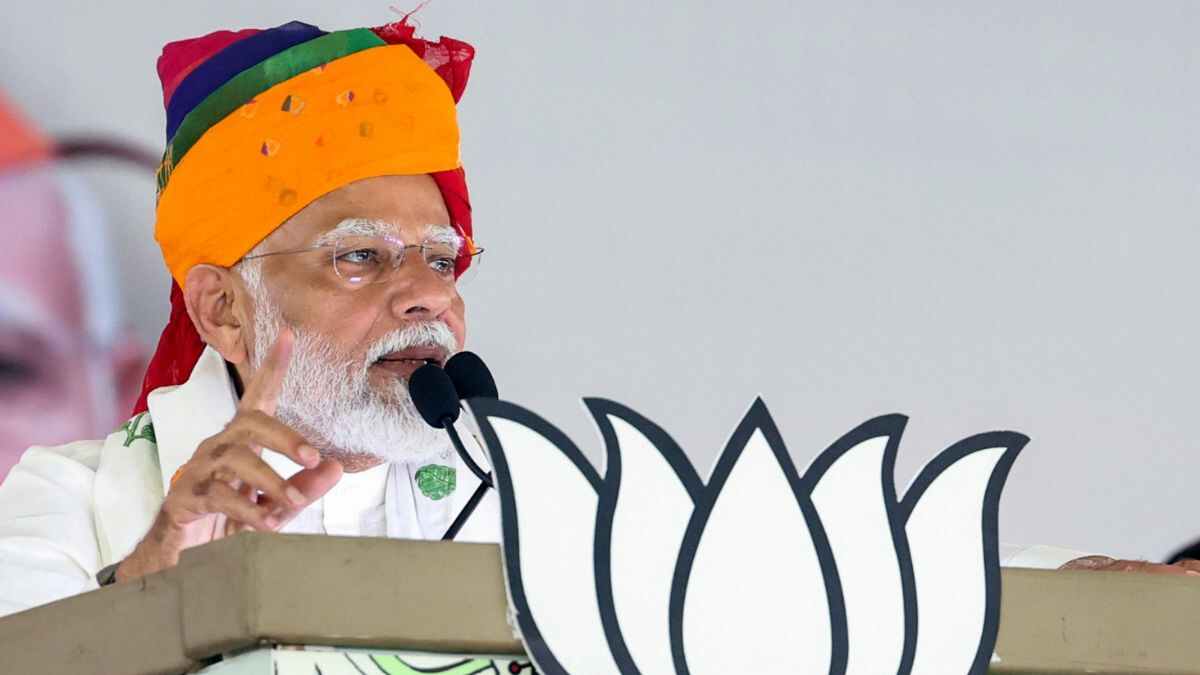Prime Minister Narendra Modi’s statement during an election rally in Rajasthan on Tuesday has reignited discussions about reservation policies in India. He alleged that the Congress party was seeking to reserve quotas for Muslims at the expense of the Scheduled Castes, Scheduled Tribes, and Other Backward Classes (OBCs). This claim has drawn attention to the existing reservations for Muslims in Andhra Pradesh and Telangana.
Since 2007, Muslims have benefited from a 4% reservation in education and employment under the OBC category in both Andhra Pradesh and Telangana. This quota, however, does not reduce the existing OBC quota; instead, it is implemented under a separate OBC sub-category called BC-E. Despite initial legal challenges, the Supreme Court issued an interim order in 2010 upholding the constitutional validity of this 4% reservation for socially and economically backward Muslims.
The controversy surrounding these quotas traces back to when the Andhra Pradesh government, led by the late Y.S. Rajasekhara Reddy, introduced a 5% quota for Muslims in 2004. The decision was challenged in court, leading to its overturning and subsequent legal battles. The state government later established an expert committee, resulting in the reduction of the Muslim quota to 4%, targeting 15 backward Muslim groups.
Despite the Supreme Court’s interim order allowing the 4% quota to continue, the issue has seen repeated delays in reaching a final resolution. A five-judge Constitution bench was formed in 2016 to hear the matter, but it could not proceed due to various complexities. More recently, in 2022, the Supreme Court indicated its intention to address the case along with other constitutional challenges but has not yet taken definitive action.
Meanwhile, the K Chandrashekar Rao-led Telangana government attempted to increase the reservations for STs and backward Muslims, but the proposal was rejected by the Centre. Consequently, the 4% quota for Muslims in Andhra Pradesh and Telangana remains in place, but the legal uncertainty continues to hover over its future.






